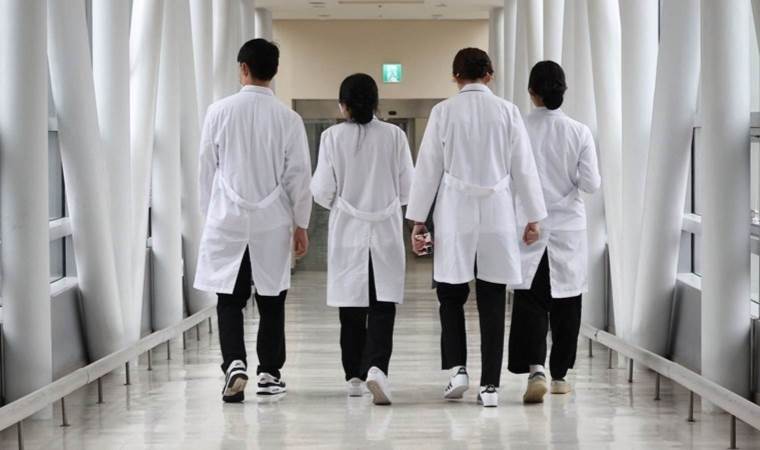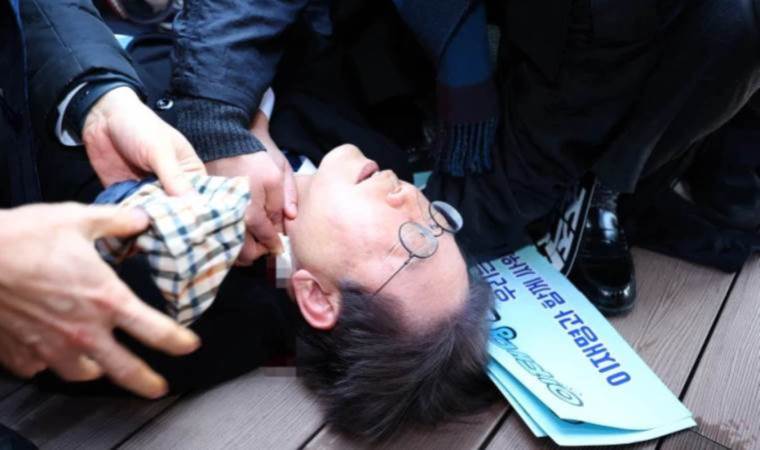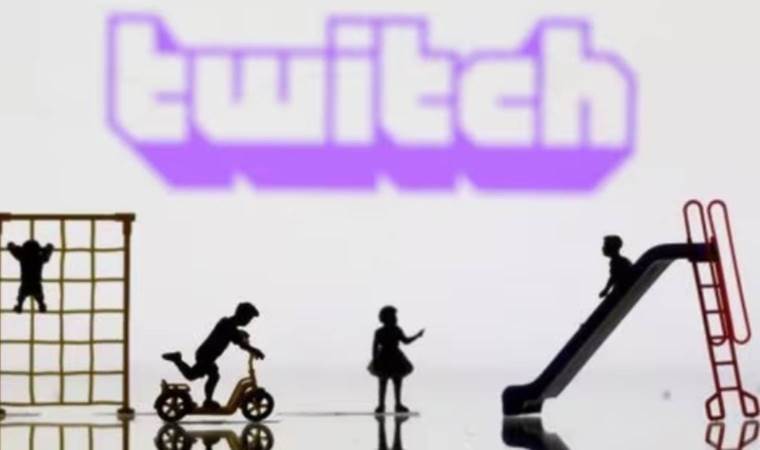South Korea faces healthcare crisis as thousands of doctors resign
In South Korea, patient care was impacted as thousands of trainee doctors resigned on Tuesday to protest the government's plan to increase medical student admissions.

President Yoon Suk Yeol urged the protesting doctors not to compromise public health and safety. According to Yonhap News, 6,415 trainee doctors across 100 hospitals submitted their resignations, with approximately 1,600 halting their work. South Korea, which employs about 13,000 trainee doctors, has mandated 831 to resume work.
"Trainee doctors and medical students, who are crucial to current and future healthcare, should not engage in collective action that jeopardizes public health," President Yoon stated. He also noted that the strike had already led to the postponement of cancer surgeries.
Vice Health Minister Park Min-soo highlighted that the resignations disrupted medical services, including surgery cancellations. The protesting doctors argue that the government's plan lacks transparency and will degrade the quality of medical education and services.
The government contends that adding 2,000 medical student seats is essential to mitigate the doctor shortage, particularly in rural areas and key specialties. South Korea's annual medical school admissions currently stand at 3,058 seats.
Following the mass resignations, the Health Ministry prohibited large-scale resignations last Friday and took action against collective resignations. To address increased patient demand resulting from the resignations, public hospitals in Seoul have extended their operating hours. South Korea's healthcare system, which relies heavily on trainee doctors for emergency and acute care, has adjusted by extending hospital working hours in Seoul to accommodate patient needs.



